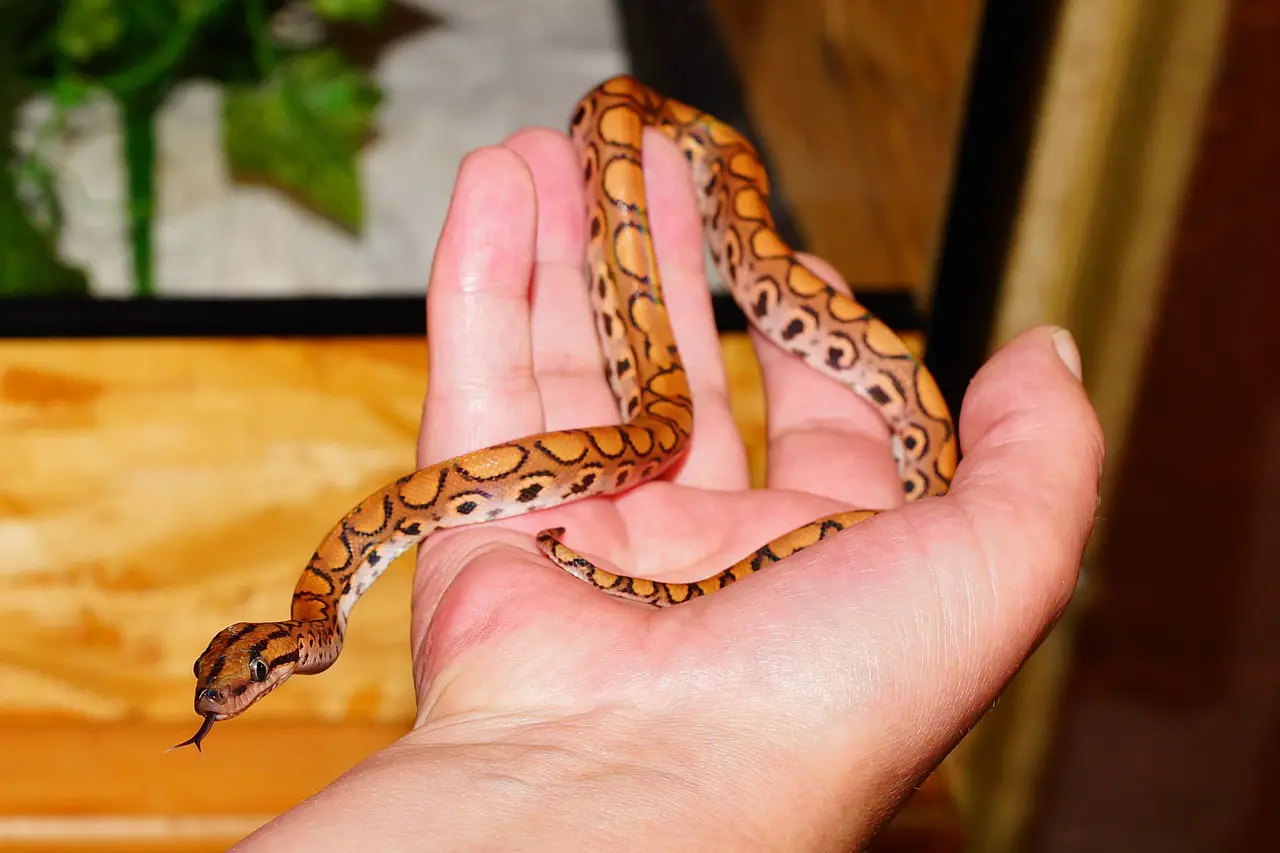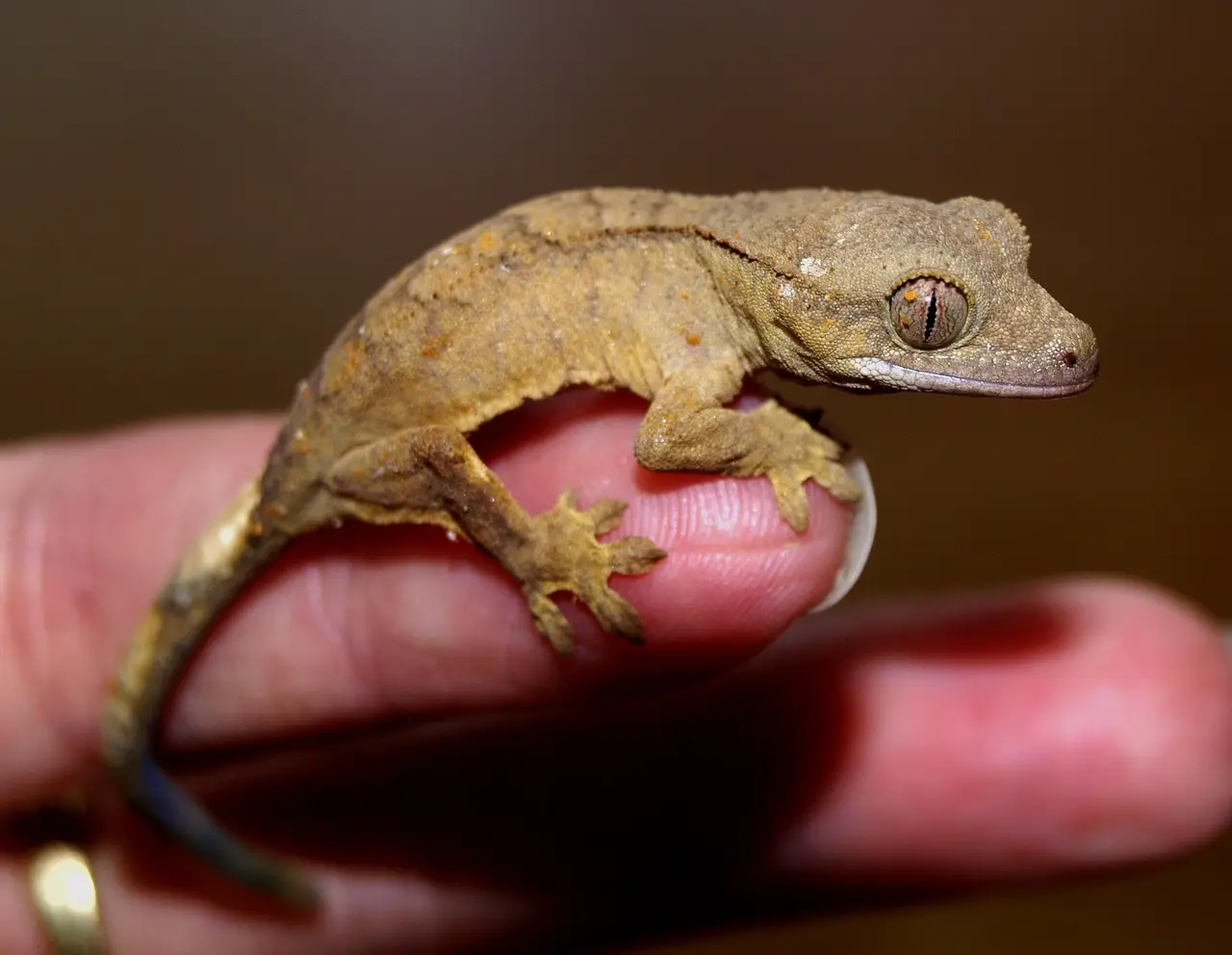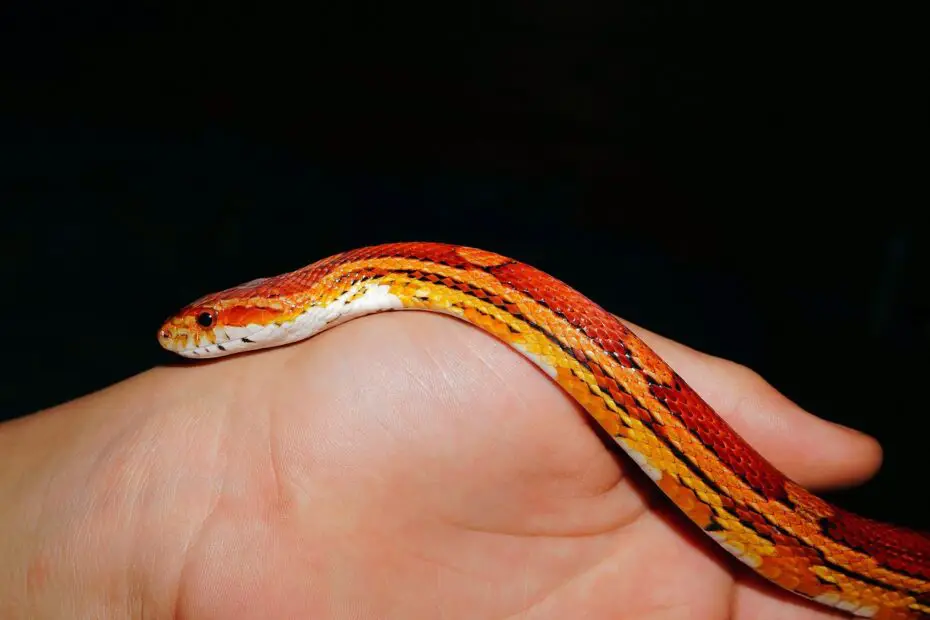Reptiles have become increasingly popular as pets over the years, captivating the hearts of many with their unique beauty and fascinating behaviors. From the small and delicate geckos to the impressive and majestic iguanas, reptiles offer a diverse array of options for potential pet owners. However, owning a reptile comes with a unique set of responsibilities and considerations.
In this comprehensive guide, we’ll explore the world of reptiles as pets, covering topics ranging from choosing the right species to providing proper care and creating a suitable habitat.
You may also want to know how fast an alligator runs.
Reptiles as Pets: Choosing the Right Reptile
The first step in becoming a reptile owner is choosing the right species. Each reptile has its own specific requirements and characteristics, so it’s essential to select one that matches your lifestyle, experience level, and preferences. Here are a few popular reptile options to consider:

Leopard Gecko
Leopard geckos are small, docile, and relatively easy to care for, making them an excellent choice for beginners. They are known for their striking appearance, with distinctive spots and a fat tail. Leopard geckos are terrestrial and don’t require elaborate climbing structures.
Ball Python
Ball pythons are gentle and manageable in size, making them suitable for reptile enthusiasts with limited space. These snakes are known for their docile temperament and beautiful patterns. They are also relatively low-maintenance, provided their enclosure is set up correctly.
Bearded Dragon
Bearded dragons are known for their friendly personalities and inquisitive nature. They are diurnal (active during the day) and enjoy basking under heat lamps. These lizards are ideal for those who want an interactive reptile companion.
Red-Eared Slider
Red-eared sliders are one of the most popular pet turtles. They are aquatic and require a tank with both water and a basking area. These turtles can live for several decades and grow to a substantial size, so be prepared for a long-term commitment.
Crested Gecko
Crested geckos are arboreal, meaning they spend most of their time in trees. They have adhesive toe pads that allow them to climb vertically and even on glass surfaces. These geckos are relatively low-maintenance and don’t require UVB lighting.
Iguana
Iguanas are impressive in both size and appearance, with long tails and prominent crests. However, they are not recommended for beginners due to their specific needs and potentially aggressive behavior as they mature. Iguanas require ample space and UVB lighting.
Reptiles as Pets: Creating the Ideal Habitat
Once you’ve chosen the right reptile, it’s crucial to provide them with a suitable habitat. Proper housing is essential for the health and well-being of your pet. Here are some general considerations when setting up a reptile enclosure:
Enclosure Type
The type of enclosure you need depends on your chosen reptile. Glass terrariums with secure lids are suitable for most lizards and smaller snakes. Turtles and larger snakes may require custom-built enclosures or stock tanks.
Temperature and Lighting
Reptiles are ectothermic, which means they rely on external heat sources to regulate their body temperature. Research the specific temperature and lighting requirements for your reptile species. Many reptiles require basking spots with heat lamps and UVB lighting.

Substrate
Choose an appropriate substrate for your reptile’s enclosure. Substrate options include coconut coir, cypress mulch, reptile carpet, and more. The type of substrate you select will depend on your reptile’s needs and the ease of cleaning.
Hide and Enrichment
Provide hiding spots and enrichment items to create a more natural environment for your pet. These can include rocks, branches, artificial plants, and hiding caves. Enrichment items stimulate mental and physical activity, reducing stress.
Water and Hydration
Ensure that your reptile has access to clean, fresh water at all times. The water requirements vary among species; some reptiles require a water dish for drinking and soaking, while others are strictly aquatic.
Reptiles as Pets: Diet and Nutrition
Proper nutrition is essential for your reptile’s health. Research the dietary requirements of your specific species, as they can vary significantly. Here are some general guidelines:
Insectivores
Insect-eating reptiles, such as bearded dragons and leopard geckos, require a diet primarily consisting of insects like crickets, mealworms, and roaches. Gut-load insects with nutritious foods before feeding them to your reptile.
Herbivores
Herbivorous reptiles, like iguanas and some tortoise species, need a diet rich in leafy greens, vegetables, and fruits. Research the specific dietary needs of your reptile and provide a variety of fresh, high-quality foods.
Carnivores
Carnivorous reptiles, including snakes that eat rodents, should be fed appropriately sized prey items. It’s essential to offer prey that is nutritionally balanced and not too large to avoid injury.
Supplementation
Many reptiles benefit from calcium and vitamin supplements to ensure they receive all the necessary nutrients. Consult with a veterinarian or reptile expert to determine the appropriate supplements and dosages for your pet.
Reptiles as Pets: Handling and Socialization
Reptiles have different temperaments, and their comfort with handling varies. Here are some general guidelines for handling and socializing with your pet:
Gradual Introduction
Start with short, gentle handling sessions and gradually increase the duration. Allow your reptile to become accustomed to your presence and touch at their own pace.
Respect Boundaries
Pay attention to your reptile’s body language. Signs of stress or discomfort include hissing, puffing up, or attempting to flee. Always handle your pet gently and avoid sudden movements.
Avoid Overhandling
While some reptiles tolerate frequent handling, others prefer minimal interaction. Be mindful of your pet’s preferences and avoid overhandling, which can cause stress.
Wash Hands
Wash your hands before and after handling your reptile to prevent the spread of pathogens. Some reptiles can carry salmonella, which can be transmitted to humans.
Veterinary Care
Regular veterinary care is essential for maintaining your reptile’s health. Find a veterinarian with expertise in reptile medicine who can provide routine check-ups and address any health concerns that may arise. Be prepared for potential veterinary costs, as reptile care, including specialized tests and treatments, can be expensive.
Legal Considerations
Before acquiring a reptile as a pet, research the legal regulations in your area. Some reptiles are protected by law, and owning them may require permits or licenses. Additionally, some reptiles are illegal to keep as pets in certain regions due to concerns about invasive species or public safety.
The Importance of Education
Education is a key component of responsible reptile ownership. Continuously educate yourself about your pet’s specific needs, behavior, and health requirements. Join reptile forums, attend herpetological society meetings, and seek advice from experienced reptile keepers. The more you know, the better equipped you’ll be to provide the best care for your pet.
Conclusion
Reptiles can make wonderful and rewarding pets for those willing to invest time and effort into their care. However, they are not low-maintenance animals, and prospective owners should be prepared for the responsibilities that come with reptile ownership. By choosing the right species, providing proper housing and nutrition, and prioritizing your pet’s well-being, you can enjoy a fulfilling and enriching relationship with your reptilian companion.
Remember that reptiles have unique needs and behaviors, so ongoing research and a commitment to their care are essential for their health and happiness as well as your own enjoyment of these remarkable creatures.
